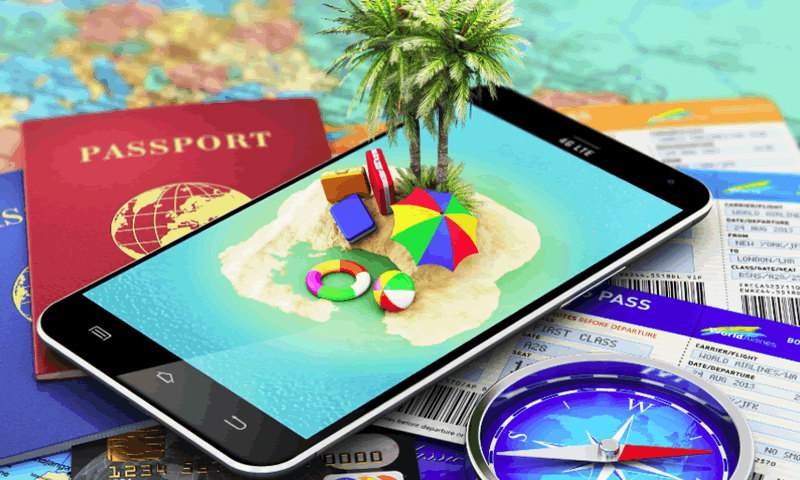
As the pandemic recovery continues, few industries have been hit harder than travel and tourism. With constantly changing travel restrictions between countries, tourists have been either reluctant or unable to travel abroad. And lockdowns have also impacted small businesses, wiping out some of the unique establishments that give each area its own unique character.
Efforts are now underway to bring about a recovery for the sector, but with some important changes. Some of these changes are in response to the pandemic, restoring confidence in – and enthusiasm for – travel, which has become both unpredictable and stressful for many. Other measures seek to minimize the ecological impact of travel, encouraging sustainable travel wherever possible.
Here we break down some of the key trends we will see shaping travel and tourism in the coming years.
Bleisure
Not a new concept, but perhaps a new phrase to many, ‘bleisure’ is a mix of business and leisure. Bleisure travelers combine work with holiday in a couple of different ways. The most obvious is the likes of the digital nomad, who can work from anywhere and needs little more than a laptop and a reliable internet connection to do so. This combination of work and travel was already on the rise before covid, but with the shake-up of stable jobs, the rise of the gig economy, and the boom in remote working during the pandemic, these kinds of travelers are on the increase. Digital nomad type travelers can play an important part in local economies by becoming residents rather than merely tourists for the duration of their stay. Some countries, such as Portugal, are actively encouraging working travelers to take up temporary residency with special visas and packages.
The other kind of bleisure traveler is one who travels to a destination specifically for work – for example a conference or in-person activity of some kind – and adds some time at the beginning and/or end of their work trip to take a holiday in the region in which they have been working. With the rise of hybrid conferences and company policies discouraging unnecessary work travel, these kinds of bleisure visitors may be on the decrease, but whenever travel for work is necessary it’s likely we will see a higher percentage of business travelers taking this opportunity when it arises.
Virtual travel
Virtual travel does not simply mean replacing real trips with virtual ones. Instead it can mean a combination of both virtual and real world travel which informs travelers about where they might want to consider for their next trip. Spontaneous travel is more difficult and more discouraged than it was pre-pandemic, with the uncertainty caused by lockdowns meeting the climate impact of regular travel and the tightening purse strings of inflation. What this means for travelers is a careful consideration of each trip, to ensure it’s going to be the right one to fulfill their needs. Virtual travel tackles this issue in two ways. Firstly, travelers can virtually visit some traditional hotspots entirely virtually, scratching the itch to be in Times Square or Barcelona by enjoying them in 360 degree video from home. Secondly, they can explore what it feels like to be in destinations they may not previously have considered, taking in everything an as-yet-unvisited country may have to offer before taking the plunge and booking their one annual holiday to somewhere less overrun. Apps such as Head Holiday can help tackle both of these needs, by delivering first-person perspective visits to travel destinations with nothing more than a smartphone and a cardboard viewing device, with no need for a virtual reality headset.
Sustainable travel
As eco-conscious travel continues to grow in popularity, we will see more and more travelers looking to lessen their carbon footprints by choosing more sustainable travel options. This can mean anything from holidaying in their own country to traveling by train rather than plane, camping rather than staying in hotels, and selecting destinations that actively promote eco-friendly tourism.
It will also impact the number of trips people take in a year, with travelers more aware than ever of how plane travel impacts the environment. We are likely going to see tourists taking a single foreign holiday each year, and ditching the international city breaks in favor of domestic holidays the rest of the year round.
Personalization
As the number of foreign trips people take decreases, people will come to expect more from their holidays. The package holiday, in which groups travel en masse to identikit resorts, is likely to be shunned in favor of more bespoke holidays that are built around travelers’ individual preferences. Designing a trip in advance, rather than taking a predetermined and mass-marketed trip, is going to become more desirable and more common. This will likely see the breaking down of relationship between airlines, hotels and tour operators to some extent, with independent travel experts seeing a rise in popularity.
